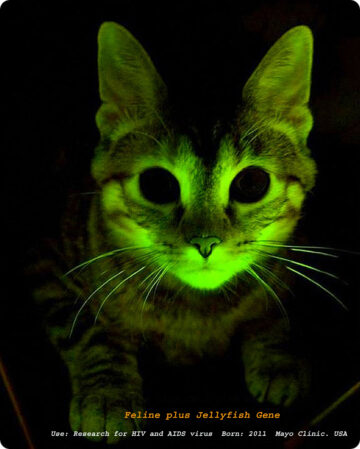
A LIFE OF PERSISTENCE LYNN HERSHMAN LEESON ON BREAKING BARRIERS FOR WOMEN ARTISTS AND EMBRACINGTECHNOLOGY
LYNN HERSHMAN interviewed by ANIKA MEIER
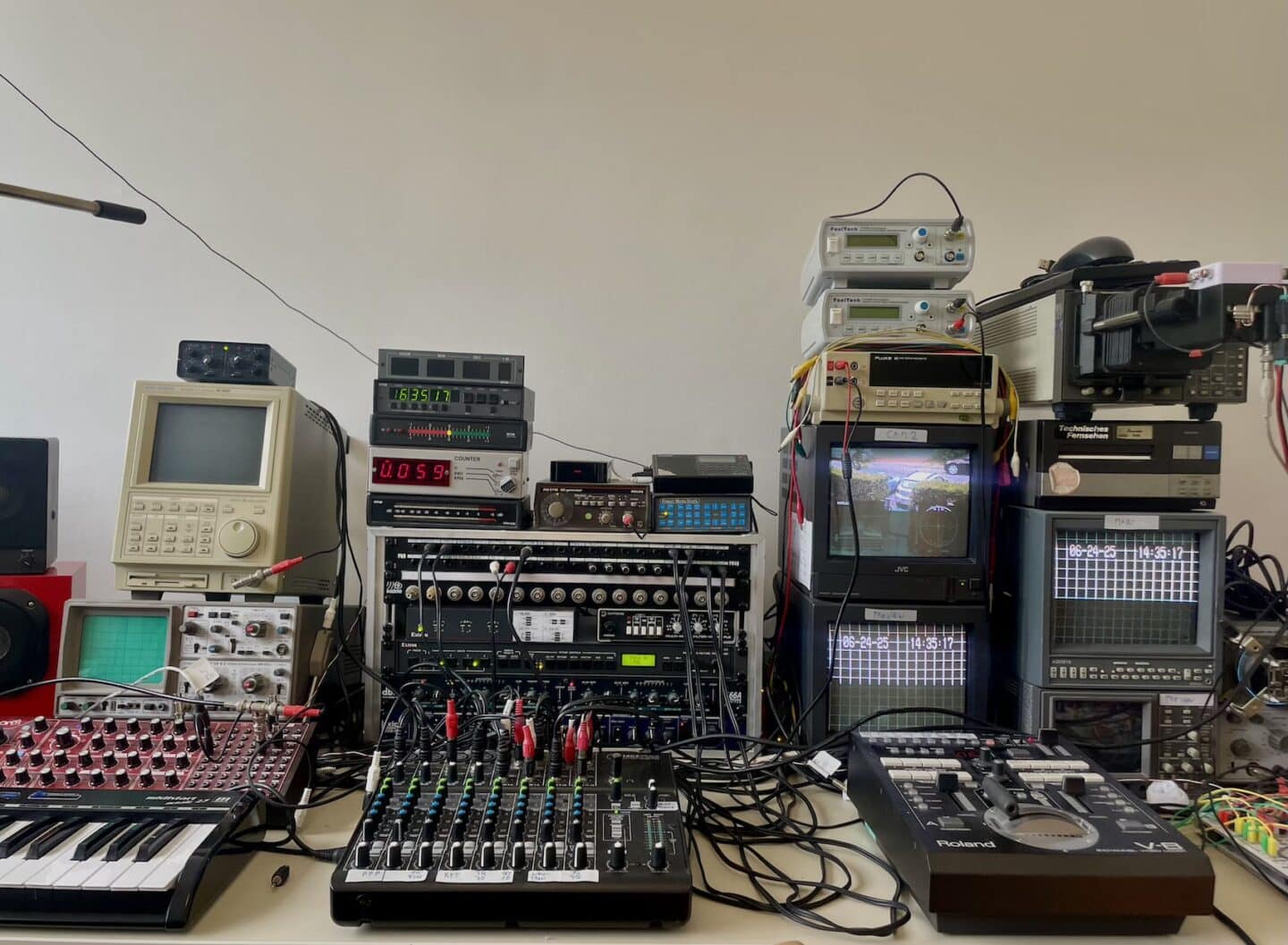
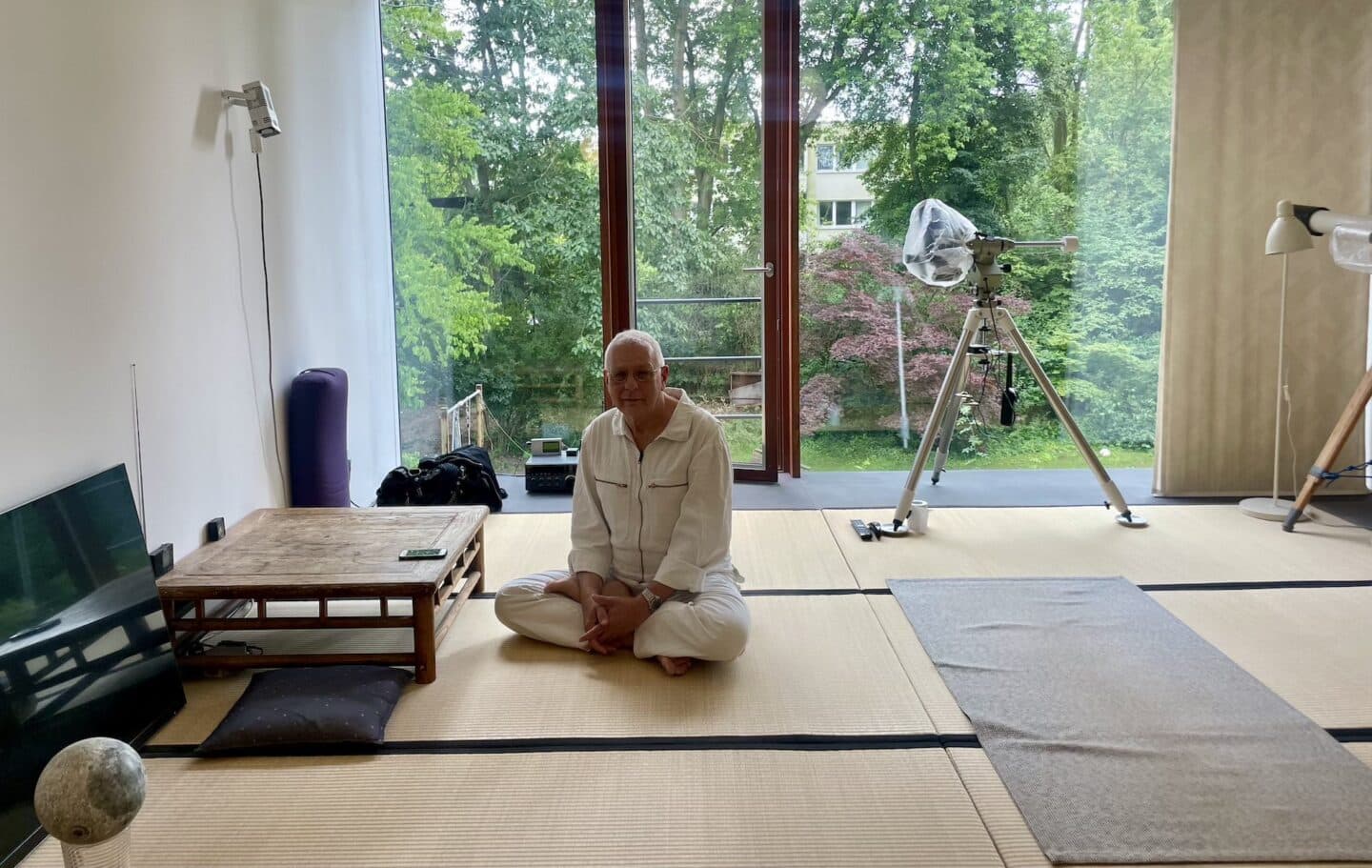
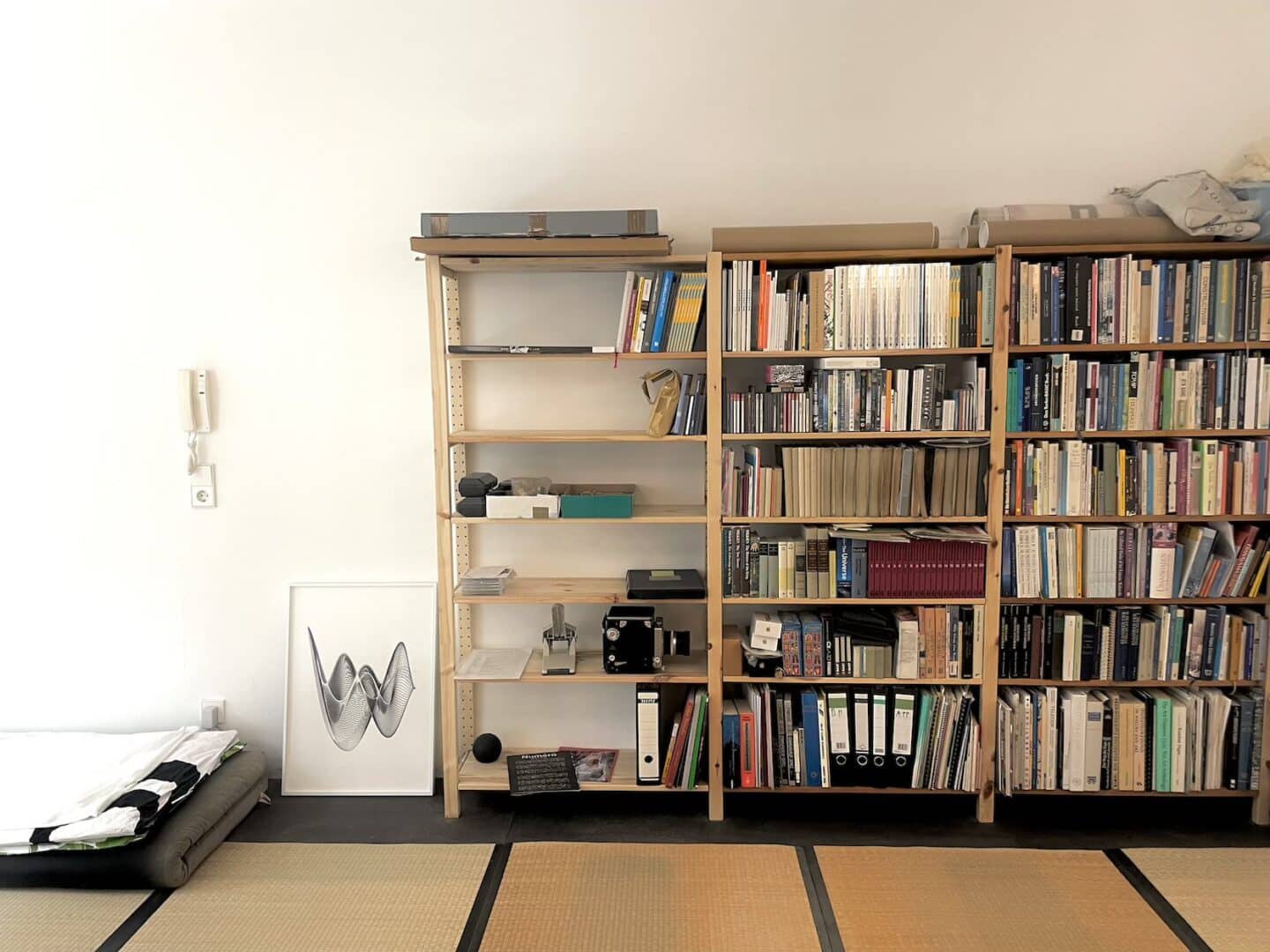
“we have to use this finite time we’ve been given. At some point it’s over, or maybe it’s not but we still have to make use of the time we have here on this earth, in this body.”
I meet Benjamin Heidersberger in his home. The calm piano sounds playing in the background aren’t just ambient music, they’re The Pentatonic Permutations, his long-term project. By combining a simple scale and a complex algorithm, he programmed a determined sequence of sounds in which no combination ever repeats.
We spoke about time, about being both an artist and the son of one, and about the quiet network of people connected through his life’s work.
If you want to become part of this network and stay connected to Benjamin Heidersberger, use the QR code below to stream The Pentatonic Permutations.
Benjamin Heidersberger: Is it okay that the music is running in the background like this?
Exactly. It’s a project I’ve been working on for 15 years now, and it’s increasingly become a part of my life. That means I live with it, it’s running basically day and night. It’s a bit of an attempt to assign unique melodies to the entire span of time, from the Big Bang until 16 trillion years into the future, and thus create a coordinate system for time. Every melody is unique, and I’m continually expanding it. For the past one and a half years, I’ve been streaming it worldwide with about 2000 hours listened to per month.
I come from an artistic household, my mother was an actress, my father a photographer. I myself actually studied physics, biology, and computer science. So I come more from the sciences. At 30, I veered into art.
At first I always worked in collectives, that’s a completely different process, you’re never the sole originator. At some point I felt the desire to create something on my own, and that’s how this project came about. It’s perhaps a bit like a coming-out as an artist. Every artist wants to communicate in some way, to be seen. Suddenly you’re standing there alone in the world and have to take responsibility for what you’re creating. For me, that’s actually been a positive process.
I definitely benefited greatly from my parents, they gave me a lot of freedom. From my father I picked up a lot of technical skills, and I got to know photography in depth. He had a beautiful workshop in the castle in Wolfsburg, and I was able to experiment a lot there.
Yes, they’re two parents you really like to have as parents, whom you also like as people. That has an influence — in terms of intellectual freedom, inspiration. But if all is culture, all is intellectual, that’s almost too much of it. Of course you also have to push back a bit against that.
Today, among other things, I manage my father’s estate in the Heidersberger Institute, which I founded together with Bernd Rodrian and the City of Wolfsburg. That’s not always an easy confrontation, because you’re also promoting another artist in a way. But I’ve actually been handling that quite well, still, I’m now trying to gain a bit more distance from it and focus on my own work again.
Wolfsburg is my hometown, but it’s a prototypical industrial city, and that brings a certain narrowness with it. At some point I wanted to get out. After Hamburg and Hanover, I moved to Berlin in 2010. Berlin is a really amazing city , with crazy possibilities, with crazy people, it’s very impressive. Of course, it also has many downsides , there are too many tourists, and Berlin is often cheap, not in terms of rent but in the sense that what Berliners like is often a bit cheap.
I could also imagine moving somewhere else at some point, maybe to India, which I feel closely connected to. For 20 years now, I’ve been spending my winters there in a monastery.
Spirituality plays a big role in my life.
I believe that the biggest accusation one can make against capitalism is that it deprives people of the meaning of their lives. I believe that the true task of a human being is to find out who we really are. Not in the sense of doing therapy and approaching it psychologically, but rather to understand and discover this essential core of being that we all share, and to integrate that into life. And I believe that’s what we call a spiritual path.
So, from the Big Bang until today, only one-thousandth of the total composition has been played. Sixteen trillion years is a pretty long time, but it is finite. That was very important to me, I could have written the program so that it loops after that, but I decided that it ends.
To see it in a more spiritual light: we have to use this finite time we’ve been given. At some point it’s over, or maybe it’s not but we still have to make use of the time we have here on this earth, in this body.
I have to say, I was a different person back then, and perhaps it doesn’t have that much to do with the original idea anymore.
What has remained is the idea of an algorithmically based composition. Even back then, it would have had to run on a computer, otherwise it wouldn’t really make sense.
What’s also remained is the expansion of the composition into the world. That’s what I’m doing now with the streaming. My idea is to create a network of people listening at the same time. No matter where you are, you hear the same thing. And that sense of simultaneity is a very important moment in listening for me.
My intention is that the composition helps people find peace.. There are often phases between the notes where nothing happens, or where you have to really listen. It’s ambient music, it doesn’t impose itself on you, you have to listen carefully, actively observe what’s happening between yourself and what you hear. That’s a bit of the idea behind it.
I’m part of this network and probably the one who listens the most. It connects me to the world. Art is also always about being seen. And that’s always a form of the artist communicating with the world. In that sense, I’m also creating a communication offering.
What’s important is that it’s generated algorithmically, meaning there’s a formula behind it. It’s entirely deterministic. What it is not, and that’s also very important to me, is artificial intelligence. It’s just like a world clock.
I view AI very critically. I think it will change us. I think soon we won’t know what’s true and what’s false. And that will bring a huge upheaval, possibly even a tragic one, because we might lose our footing. So I’m very cautious about the use of AI. But I’m currently planning performances across Germany and abroad. There will be a visual extension of the work. I could imagine that it might involve something with AI, but I don’t know yet.
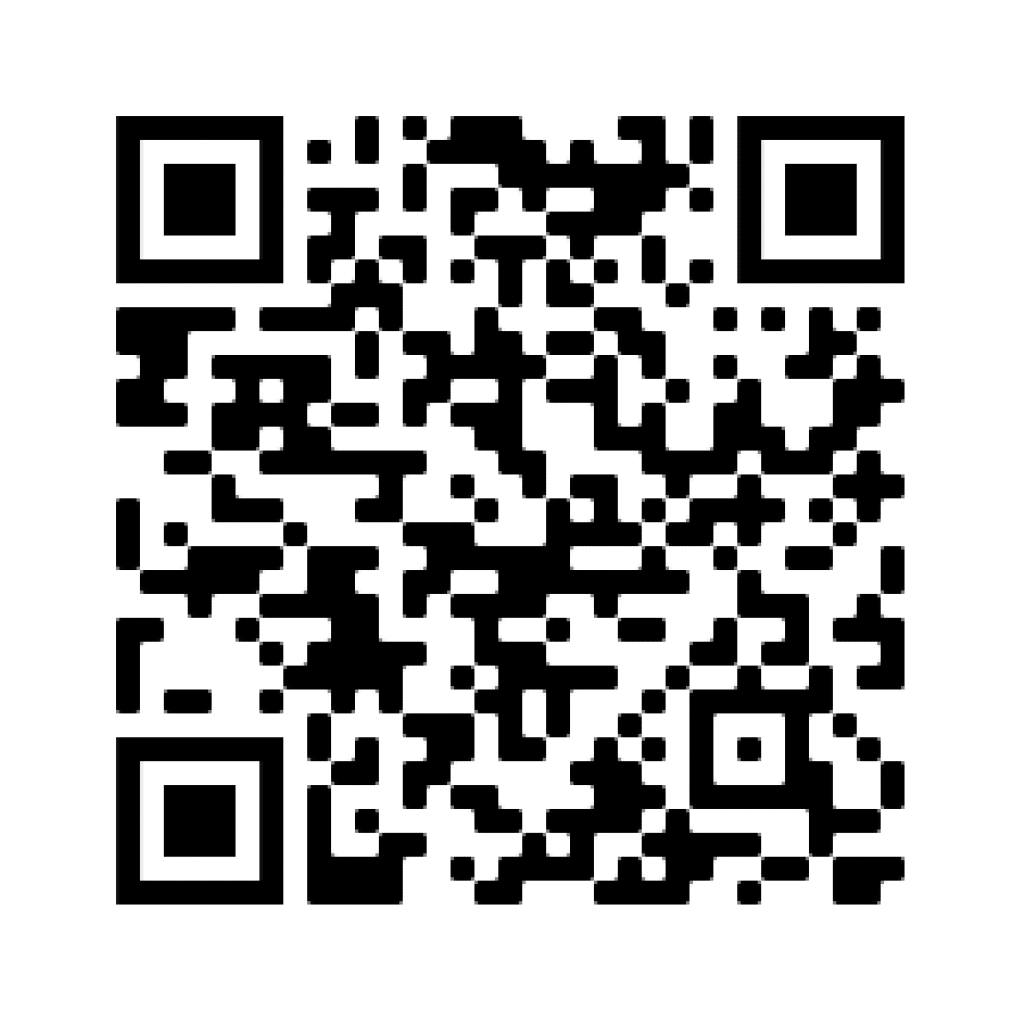

LYNN HERSHMAN interviewed by ANIKA MEIER
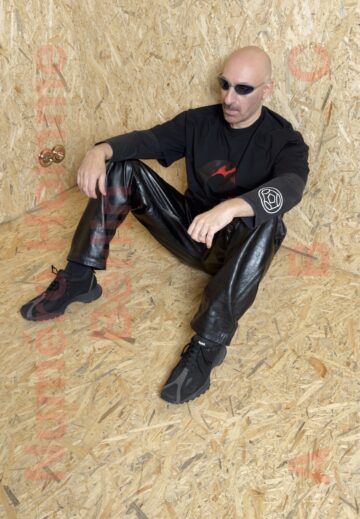
LEN FAKI: THE PULSE OF PURE VISION BY ANN-KATHRIN RIEDL PHOTOGRAPHY DANIEL ROCHÉ
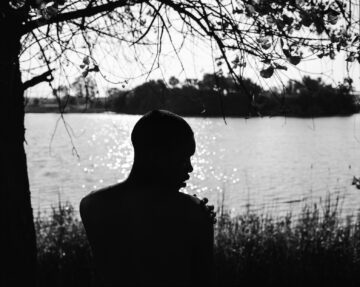
African Artists by Mandla Sibeko; Words Marcus Boxler